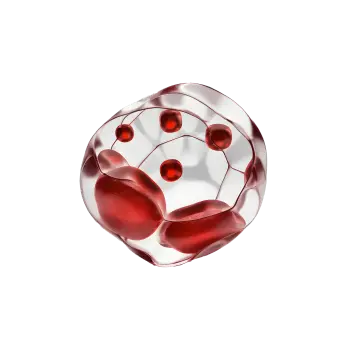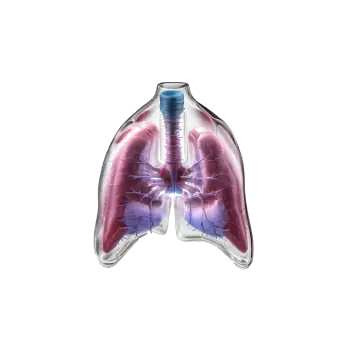What is an eating disorder?
An eating disorder is a serious mental health condition that affects a person's eating behavior and self-image. There are different types of eating disorders, with the most well-known being anorexia and bulimia.
Anorexia nervosa is characterized by extreme weight loss and an intense fear of gaining weight. Bulimia nervosa involves binge-eating followed by behaviors to lose weight, such as vomiting or excessive exercise. Binge Eating Disorder (BED) is another type characterized by periods of overeating without subsequent behaviors to avoid weight gain.
What is selective eating disorder?Selective eating disorder, also known as selective eating, is when a person has an extreme preference for certain foods and a strong aversion to others. This goes beyond typical preferences and can result in limited nutrient intake, negatively affecting health. The condition is common in individuals with autism and can also be observed in children where the behavior persists as they reach six to eight years of age.
Signs of an eating disorder
Early signs of an eating disorder may include:
- suddenly emphasizing eating "healthy"
- excluding fats and carbohydrates from food
- stopping the consumption of sweets
- skipping meals with the justification of being "full" or "already eaten"
- regularly locking oneself in the bathroom after meals
- suddenly wanting to switch to a vegetarian diet
- exercising more frequently
- spending a lot of time on social media about diet and exercise
- experiencing symptoms of fatigue, headache, constipation, feeling cold, etc.
- losing weight or having a lack of expected weight gain
Can eating disorders be detected through tests?
Yes, various blood tests can be useful for detecting eating disorders and monitoring the physical health of those at risk. Here are blood tests suggested for assessing and investigating eating disorders in primary care:
Blood count
Provides information about red and white blood cells and platelets; learn more about the test blood count.
Electrolytes
Electrolytes like sodium, potassium, calcium, phosphate are essential for assessing nutritional status and electrolyte balance.
Albumin
Albumin is a blood protein; low levels may indicate malnutrition.
AST and ALT
Liver function tests like AST and ALT are good to test for monitoring liver health.
Creatinine
Creatinine is a marker used to assess kidney function.
Amylase
Relevant in cases of suspected vomiting; high levels may indicate pancreatic problems. Learn more about the test pancreatic amylase.
TSH, T3, and T4
These are thyroid hormones that can be affected by eating disorders; learn more about the test Thyroid Panel.
Blood sugar
Blood sugar is tested to monitor glucose levels, especially at risk for sugar-related complications such as developing diabetes.
Iron and ferritin
To assess nutritional status and the presence of anemia, it is good to analyze iron and ferritin which indicate the body's iron stores.
CRP
In cases of malnutrition, an inflammatory response can occur in the body. Elevated CRP levels may indicate ongoing inflammation associated with malnutrition.
How common are eating disorders in Sweden?
Eating disorders are relatively common and affect people of different ages, genders, and socioeconomic groups. It is challenging to provide an exact number due to a large number of unreported cases. According to the Riksät report (National Quality Register for Eating Disorder Treatment), it is estimated that there are at least 190,000 individuals between 15-60 years old in Sweden suffering from some form of an eating disorder. However, due to underreporting, the actual prevalence is uncertain. It is essential to note that eating disorders not only involve weight but also psychological and emotional factors.
Seeking medical help is crucial for treating eating disorders. Blood tests can be a vital part of diagnostic and treatment plans, providing insight into the physical health of an individual. If you suspect that you or someone you know is suffering from an eating disorder, do not hesitate to contact your primary care provider for professional advice and support; read more here on 1177.



























